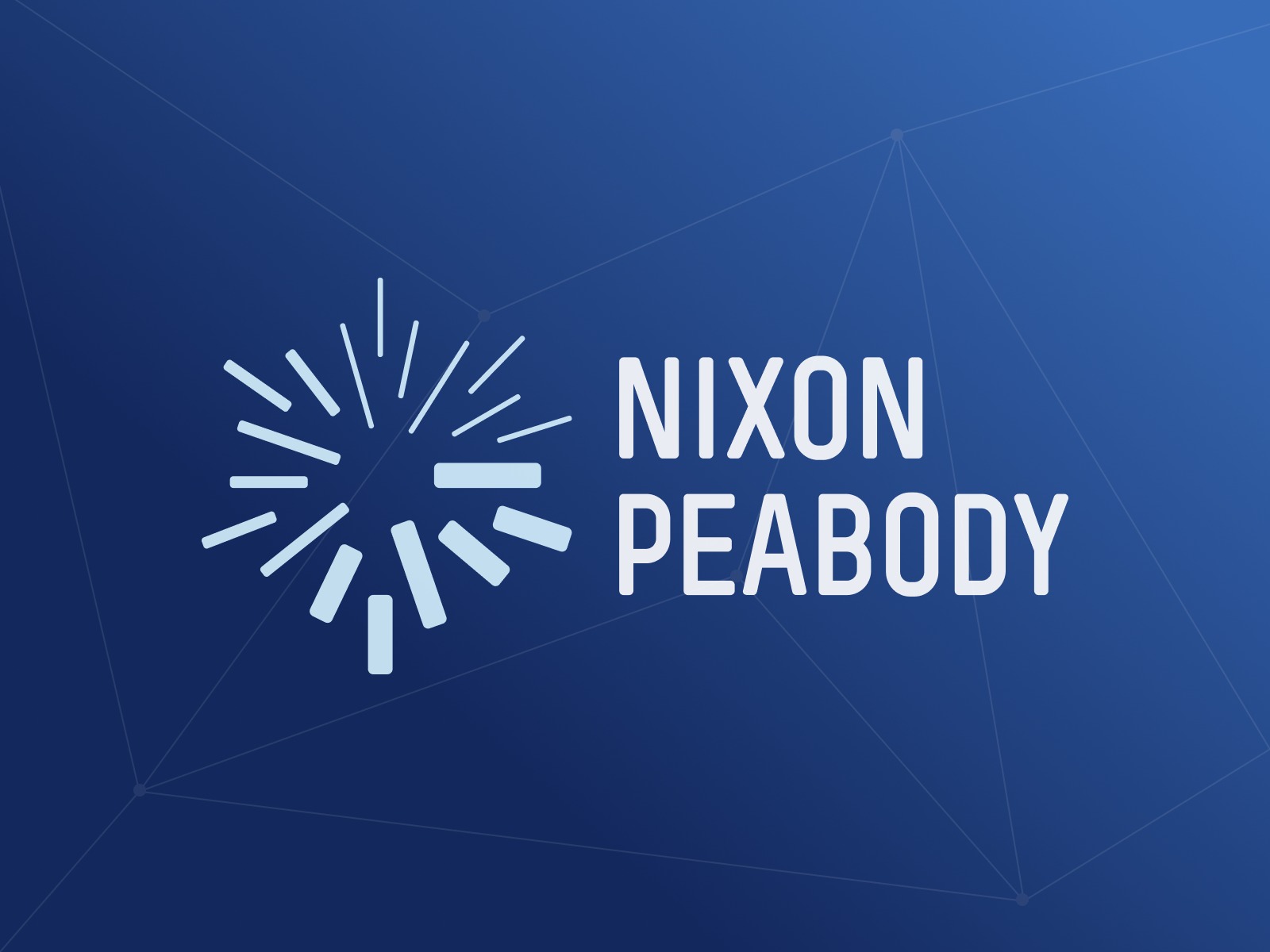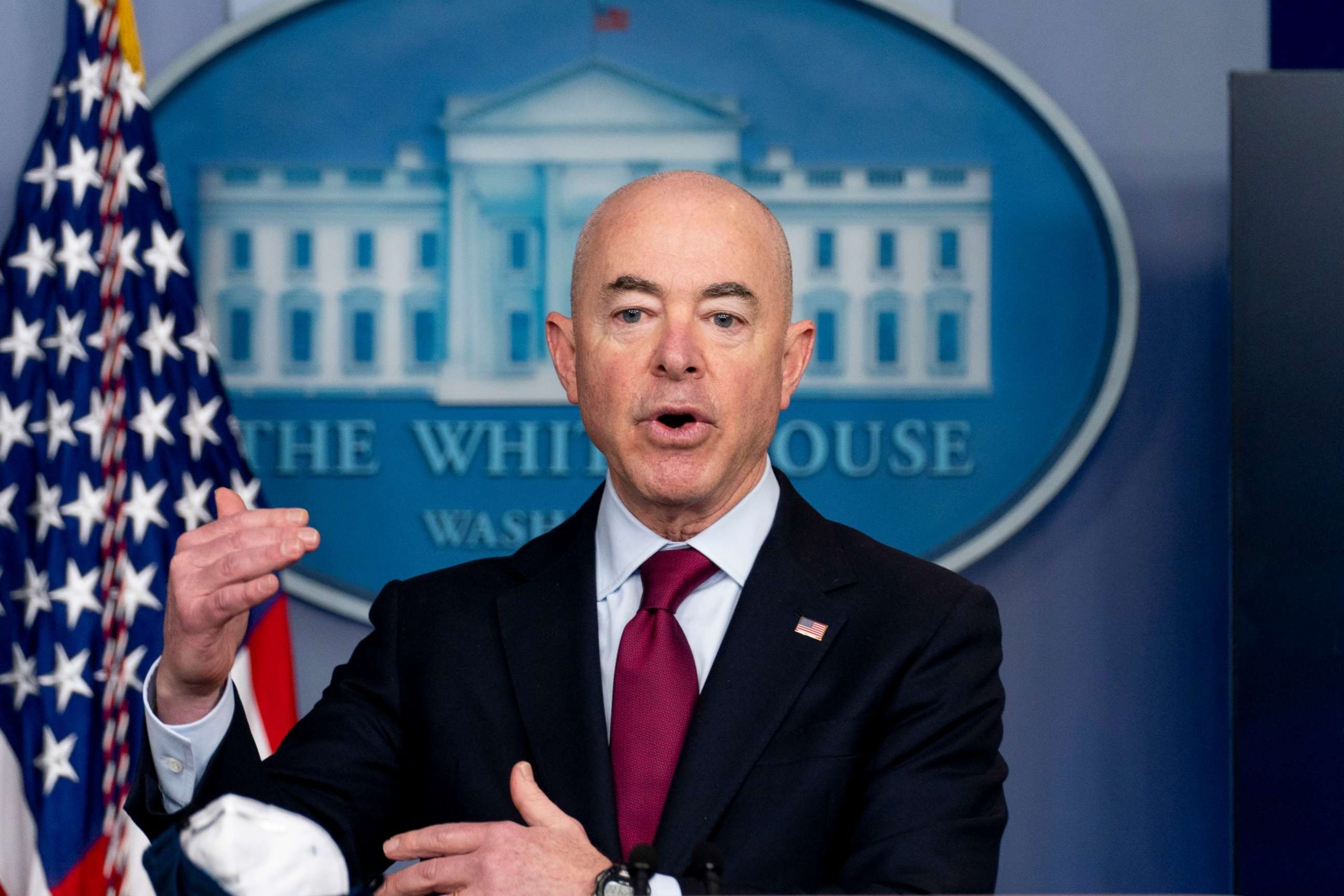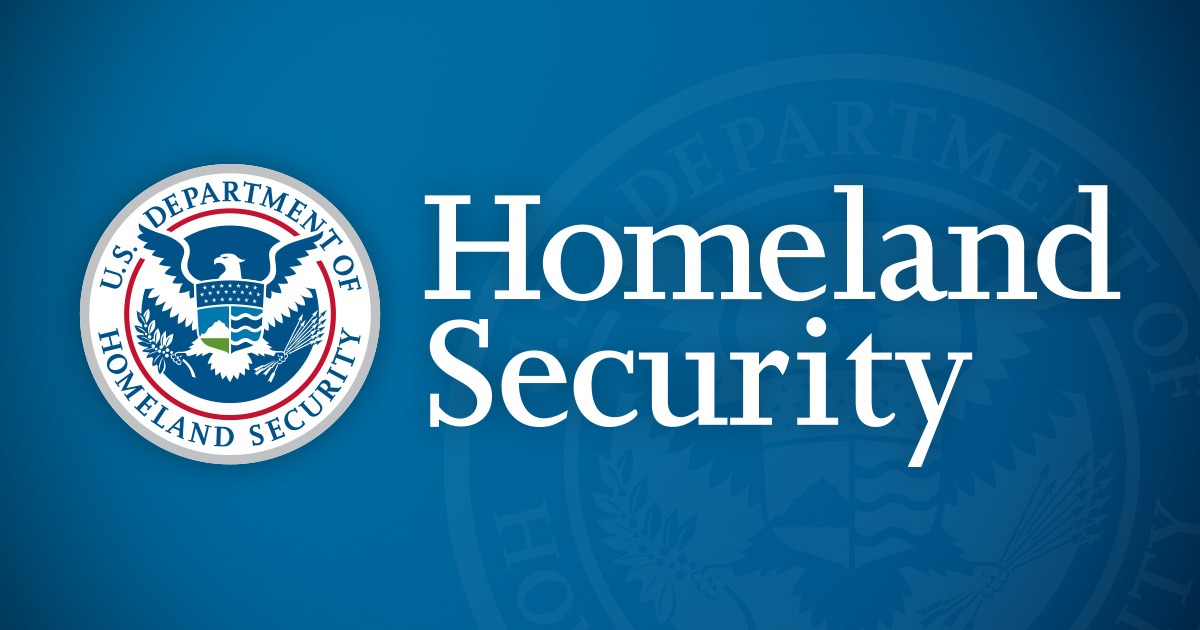A departing top lawyer from the Department of Homeland Security (DHS), who also advised the House Jan. 6 committee, has emphasized the critical need to enhance security measures ahead of the upcoming election to prevent a repeat of the events of January 6.
Joseph Maher, formerly DHS’s principal deputy general counsel, has transitioned to Nixon Peabody as a partner. In his new role, he will offer counsel on national security matters and guide clients through congressional investigations.
With over two decades of experience in government service focusing on national security, Maher stressed the importance of safeguarding future elections and the certification process of their results.

Nixon Peabody (Credits: Vercel)
Expressing concern about the potential for future violence, Maher highlighted the necessity for readiness within the national security apparatus to address such threats effectively.
Having previously served as a senior counselor to former Rep. Liz Cheney on the Jan. 6 committee, Maher proposed designating events like the certification of election results as national security special events. This designation would empower the Secret Service to lead security efforts, enhancing coordination among security agencies.
Maher also criticized the House GOP’s impeachment efforts against Homeland Security Secretary Alejandro Mayorkas, dismissing them as largely theatrical. He defended Mayorkas as an honorable individual dedicated to serving the country, countering claims that he disregards immigration laws.

Homeland Security Secretary Alejandro Mayorkas (Credits: ABC News)
Acknowledging that immigration law disputes are often resolved through legal channels, Maher emphasized the importance of abiding by court rulings.
In his new capacity, Maher will change congressional investigations, which he described as increasingly aggressive and politicized. He anticipates these inquiries extending into the private sector, targeting entities such as colleges, universities, and tech companies.
Maher aims to leverage his expertise to assist clients in navigating these investigations, ensuring they provide necessary information to Congress while minimizing unnecessary risks to organizations irrelevant to the legislative process.























